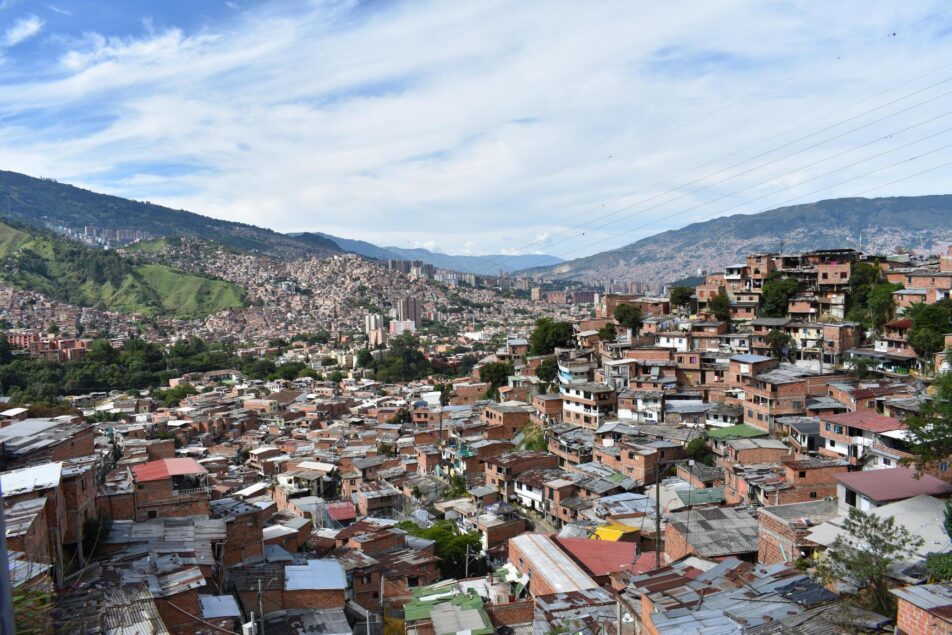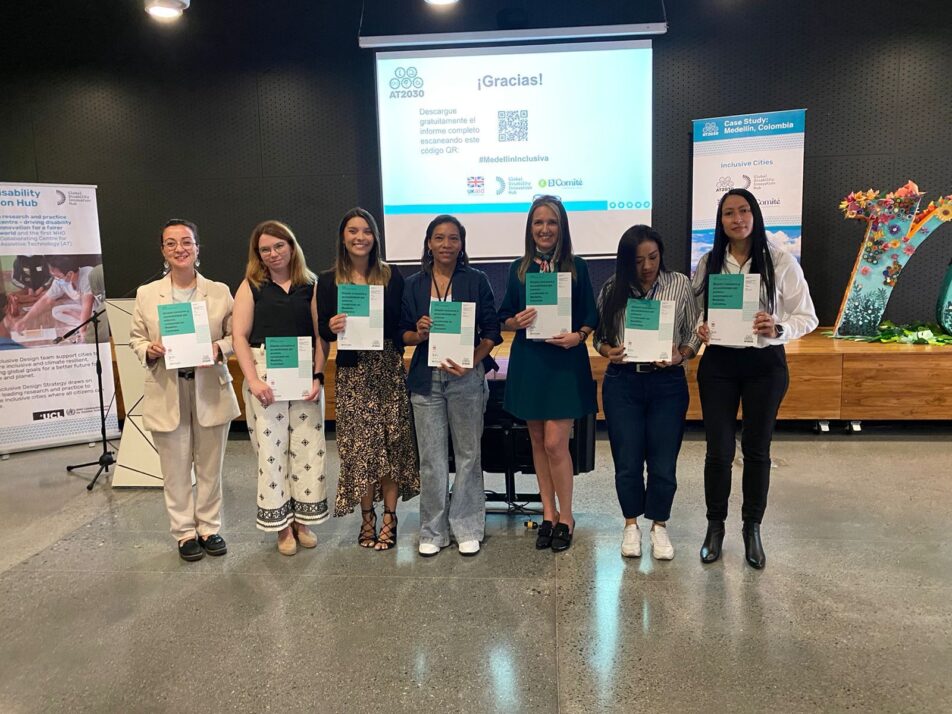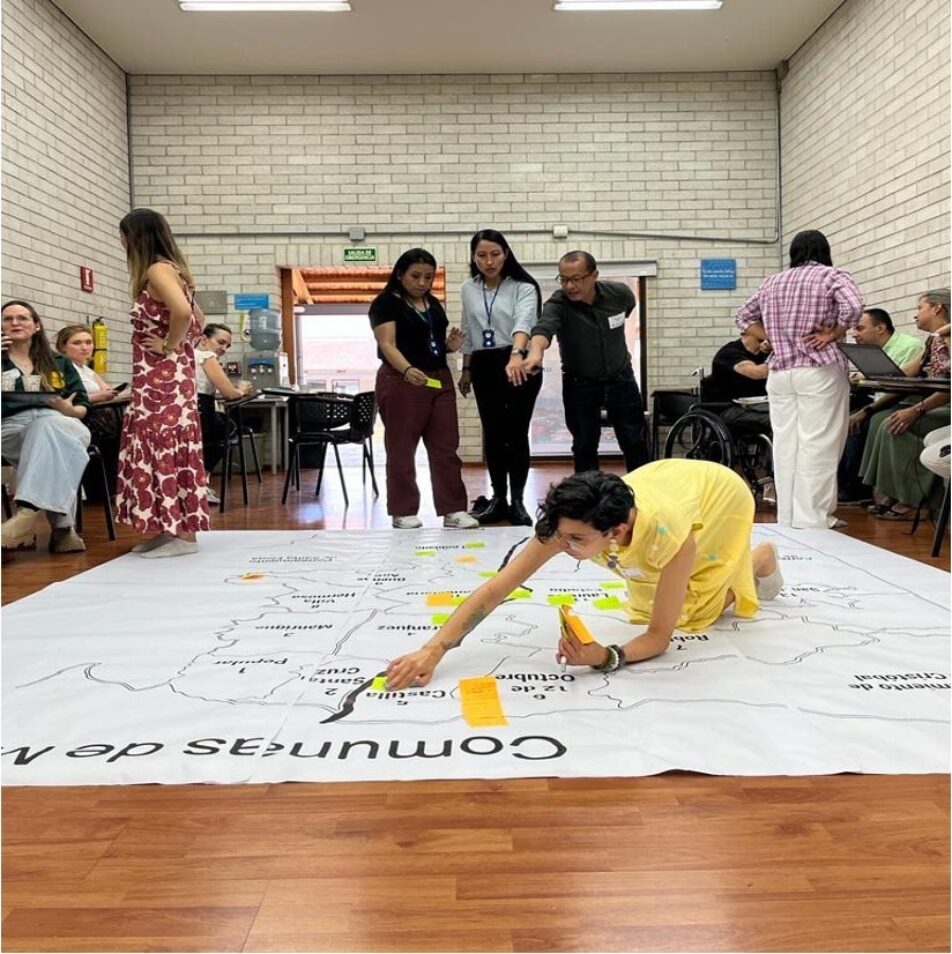Inclusive Infrastructure Case Study Launched in Medellín, Colombia - Exploring Inclusive Environments

Medellín, Colombia is the sixth and final case study city under the Global Disability Innovation Hub (GDI Hub) led and UK Aid funded AT2030 Inclusive Infrastructure sub-programme. Colombia’s second largest city, Medellín is well-known for its progress in urban development in the last 20 years, moving forward from its violent history. Medellín has been designated a district of innovation and is known for innovative urban projects such as its cable cars and electric escalators that connect higher altitude, low-income communities on the peripheries of the city. This case study explores the current state of accessibility and inclusion in the city for persons with disabilities and helps understand whether such urban innovations are inclusive for all the city’s residents.
Medellín is home to nearly 80,000 persons with disabilities and Colombia does have strong legal frameworks in place to support persons with disabilities. However, through our research, this case study found that the numerous laws and regulations are not always well implemented and there is also a need to consider more diverse disabilities in city planning and design.

“It [Medellin] is inclusive and accessible, although we still have a long way to go”
GDI Hub and Medellín research partner El Comité, Corporacion Social, have produced a case study report that describes the current challenges and opportunities for embedding inclusive design in Medellín, providing priority recommendations and forward-thinking next steps. Sharing these findings and recommendations for infrastructure, built environment and urban development, we hope this case study both supports Medellin while contributing to global action towards more accessible and inclusive cities worldwide.
The research took place in 3 phases between December 2022 and May 2023, combining both virtual and face to face approaches. Phase 1 focused on understanding the current state of accessibility through desk-based research and interviews. Phase 2 captured the lived experience of persons with disabilities through interviews, photo diaries and co-design activities. Phase 3 then synthesised the findings, running multiple in-person workshops to validate and create actions towards the creation of more inclusive environments. Thematic analysis was applied to understand the research data, identifying key themes across three different stakeholder groups of People, Policy, and Practice.

The themes identified span across daily life for persons with disabilities including, poverty, transport, housing, healthcare, public spaces and recreational activities. Quotes from participants are interwoven throughout the report and strengthen the concluding actions. The report recognises what has worked in Medellin as well as areas for improvement, as one participant described:
Including the success stories found in Medellín is important, serving as examples of good practice for other cities to emulate. For example, Medellín has prioritised inclusion and wellbeing through commitment to inclusive design in green spaces and accessible transport options. The city is also home to numerous innovators in the inclusion space, some of whom participated in the case study research.
The Medellín case study is one of six produced by the GDI Hub led, UK Aid funded AT2030 programme. It explores the understanding of and potential for inclusive design to address current barriers to inclusion while showcasing examples of good practice in the city. The six case studies will now be used to build a global picture of the current state of inclusion and accessibility in our cities through engaging local stakeholders and communities, culminating in a Global Action Report that will support cities to be more resilient, more inclusive and meet the global goals.
Read the executive summary or see the full case study report. You can also catch up on the launch event on YouTube.